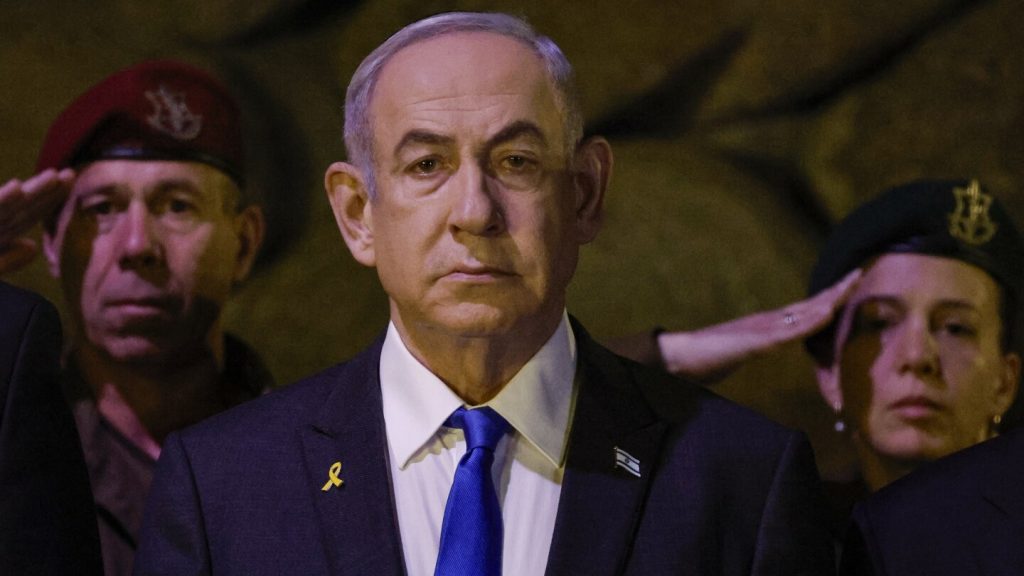The House has passed legislation that would sanction the International Criminal Court for seeking arrest warrants for Israeli Prime Minister Benjamin Netanyahu and other Israeli officials. The vote, which was 247-155, marks Congress’ first legislative response to the ICC’s decision to pursue charges against the leaders of Israel and Hamas. The move was met with widespread condemnation in Washington, leading to a rare moment of unity on Israel despite growing partisan divisions over the conflict with Hamas. While the House bill is expected to pass, it received only modest Democratic support, dampening its chances in the Senate. The White House has opposed the legislation, citing concerns of overreach.
Both Republican and Democratic leaders of the House Foreign Affairs Committee acknowledge that the bill is unlikely to become law and have expressed openness to negotiating further with the White House. They emphasized the importance of presenting a united front as a nation against the ICC and its judges. The State Department has reiterated its opposition to the sanctions bill, stating that while they disagree with the ICC’s decision, they do not support sanctions. The proposed legislation would impose economic sanctions and visa restrictions on individuals and judges associated with the ICC, a move that Democrats have criticized as overly broad and potentially harmful to Americans and U.S. companies working with the court.
The House bill has sparked debate and highlighted the ongoing support from House Republicans for Israel following the recent conflict with Hamas. There have been a series of votes related to Israel in recent months, underscoring divisions among Democrats regarding backing for the U.S. ally. Congressional leaders have invited Netanyahu to address a joint meeting of Congress, a move that is likely to further inflame tensions over Israel’s actions during the conflict. Many Democrats are expected to boycott the speech. The ICC and the International Court of Justice have initiated investigations into allegations of genocide committed by both Israel and Hamas during the war. The ICC’s prosecutor has accused Netanyahu, his defense minister, and three Hamas leaders of war crimes and crimes against humanity in Gaza and Israel, prompting condemnation from Israeli leaders and U.S. officials.
Despite Israel not being a member of the court, the threat of arrest warrants could hinder the travel of Israeli leaders abroad. Supporters of the House bill argue that failing to act would condone the ICC’s actions and undermine efforts to stand with allies. The legislation represents a response to what many view as the court’s illegitimate actions. President Biden and members of Congress have voiced support for Israel’s right to defend itself and have criticized the ICC’s move against Israeli officials. The ongoing tensions surrounding the conflict and the ICC’s involvement reflect the complex and contentious dynamics at play in the region, highlighting the challenging task of balancing international justice with political interests and alliances.


